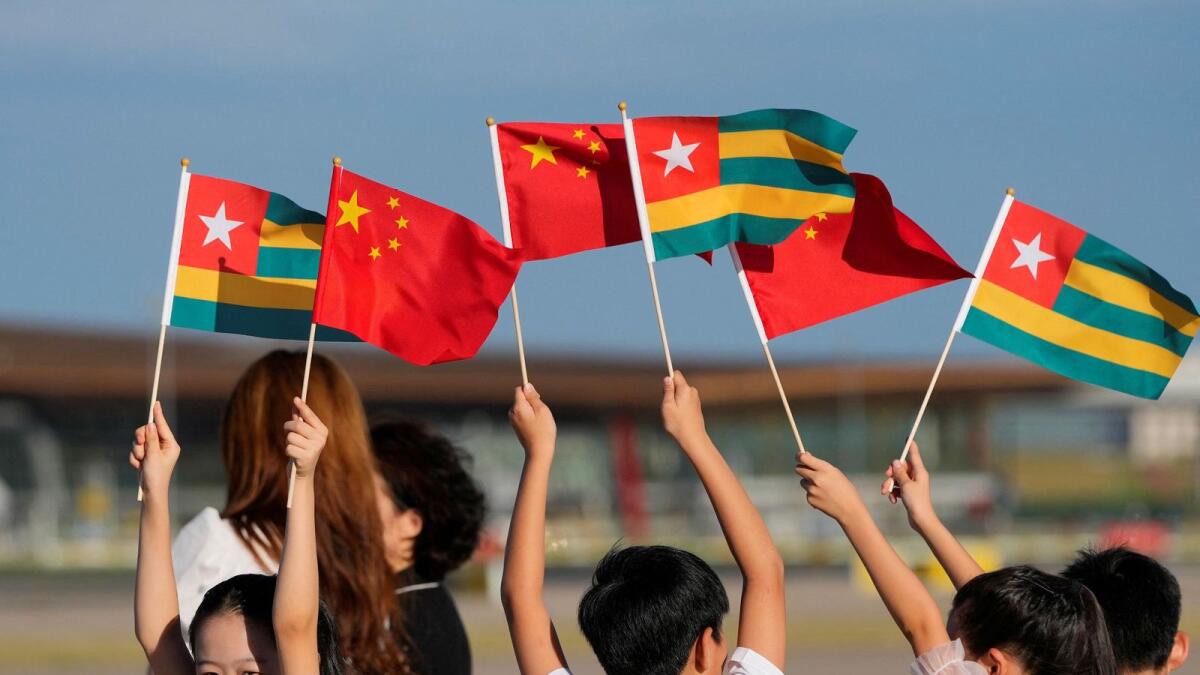African leaders are currently in China seeking funds for various infrastructure projects as they navigate the increasing great power competition over resources and influence on the continent. Over the past decade, China has significantly expanded its ties with African nations, providing billions in loans that have both helped build infrastructure and caused controversy due to the mounting debt levels. China has sent hundreds of thousands of workers to Africa to work on mega-projects while also tapping into the continent’s vast natural resources such as copper, gold, lithium, and rare earth minerals.
The China-Africa forum taking place this week in Beijing is being seen as the largest diplomatic event since the Covid-19 pandemic began, with leaders from countries like South Africa, Nigeria, and Kenya confirmed to attend. African nations are looking to capitalize on the opportunities in China for growth, given the significant trade relationship with bilateral trade reaching $167.8 billion in the first half of this year. Despite the economic slowdown in China, Beijing’s loans to African nations have been on the rise, with top borrowers including Angola, Ethiopia, Egypt, Nigeria, and Kenya.
However, Beijing’s reluctance to offer debt relief has caused concerns, especially as some African nations struggle to repay their loans, impacting crucial public services. The Belt and Road Initiative (BRI) is a focal point for China’s engagement with Africa, providing investment for projects like railways, ports, and hydroelectric plants. While the BRI has brought much-needed infrastructure, critics argue that it has also burdened countries with debt and funded projects that harm the environment, such as a controversial railway project in Kenya that has led to financial challenges.
As African and Chinese firms compete for access to rare minerals in central Africa, the geopolitical tensions between the United States and China are also impacting the continent. China’s dominance in the mining and processing of minerals like cobalt, manganese, and lithium is raising concerns about its influence in Africa. Washington has warned against what it sees as China’s negative impact but Beijing maintains that it seeks cooperation for mutual benefit. Analysts fear that African nations may be forced to choose sides in the growing competition between the US and China.
In conclusion, the China-Africa forum is a critical event for both regions as they navigate economic challenges, debt burdens, and geopolitical tensions. African nations are looking to China for investment and more favorable loan terms, while also seeking to balance their relationships with other global powers. The impact of China’s involvement in Africa’s development, particularly in infrastructure projects and resource extraction, will continue to be a point of contention amidst concerns about debt sustainability and environmental impact. As the world watches the evolving dynamics between China, Africa, and other global players, the outcomes of this week’s forum will shape future relations and economic development strategies for both regions.











